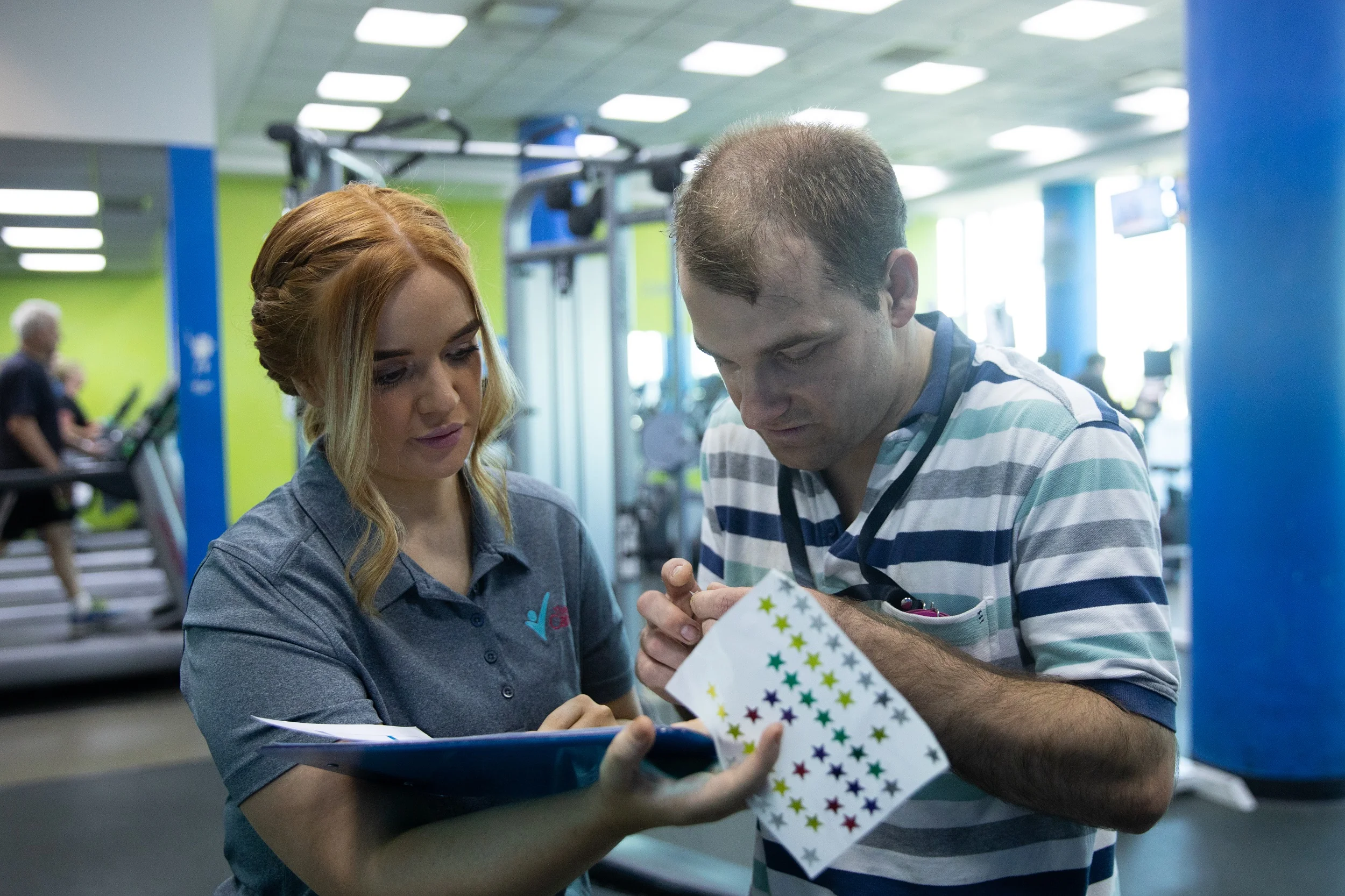
One of Therapy Care’s Recreational Therapists, Karlie Scurr, answers our questions about Schizophrenia and shines a light on how disabling mental illness can really be.
Isolation has triggered mental health episodes for members of our communities and as we slowly wake from our collective coronavirus induced coma, we’re starting to see the real impact the last few months have had on many among us.
With Schizophrenia affecting every 1 in 100 Australians and approximately 20 million people worldwide (Healthdirect 2018, WHO 2019), it’s important to shine a light on the signs and symptoms this Schizophrenia Awareness Week (May 17-24), to encourage undiagnosed Australians to seek medical advice, leading to diagnosis and treatment.
Recreational Therapist Karlie Scurr answered our questions about Schizophrenia, as we continue to advocate for much needed progress towards understanding the condition.
Q. What is schizophrenia?
Schizophrenia is a mental illness that disrupts the functioning of the human mind and thought form. It can cause intense episodes of psychosis involving delusions, episodes of grandeur and hallucinations. It can affect an individual’s mood, and both physical and cognitive functioning.
Q. What is the theme of Schizophrenia Awareness Week 2020?
This year’s theme for Schizophrenia Awareness Week is, “Stay Connected”. It asks Australians to look for new ways to be more present and supportive of those living with mental illness.
Therapy Care is using this week to promote inclusion within the community. One of the barriers to inclusion is the stigma surrounding Schizophrenia, which is why this week we’re sharing stories of our participants.
Q. Have you noticed people living with schizophrenia struggling more so during restrictions?
Due to the uncertainty, the pandemic has aroused, the NDIS participants at Therapy Care have been struggling more amid restrictions.
The uncertainty and changes in routine can increase anxieties symptoms associated with schizophrenia.
Therapy Care has adjusted the way we provide supports to our community, increasing individualised routine supports and frequent check-ins from our allied health professionals to ensure we’re assisting in managing their mental health.
Q. What are the common symptoms of Schizophrenia?
– Low motivation
– Cognitive defects
– Lack of engagement in completing activities of daily living including poor self-care and hygiene
– Functional decline
– Delusions, hallucinations
– Disordered thinking and behaviours
Q. Who is at risk?
The causes of schizophrenia are complex. Genetics, early development, substance abuse and trauma can all contribute to the diagnosis of schizophrenia. Sane Australia (2020) report that 1 in 100 people with experience schizophrenia in their lifetime; and that men are twice as likely to develop the condition then women. The most common age bracket for diagnosis is between late teens to early 20’s.
Q. How is it diagnosed?
Schizophrenia can be diagnosed through referral to psychologists and psychiatrists who are trained in the diagnosis and treatment of mental health. Symptoms are observed and often the DSM5 is used in reference to the observation of mental health symptoms.
Q. What advice do you have for people who think themselves or a loved one may be living with Schizophrenia?
If you think you or a loved one may be living with Schizophrenia, seek medical attention immediately. At Therapy Care we offer services under the NDIS to support people living with schizophrenia.
To have a confidential discussion about what support services may be available for you or a loved one living with disability or a mental health condition, call us on 02 9626 8119 or send us an email at info@therapycare.com.au
